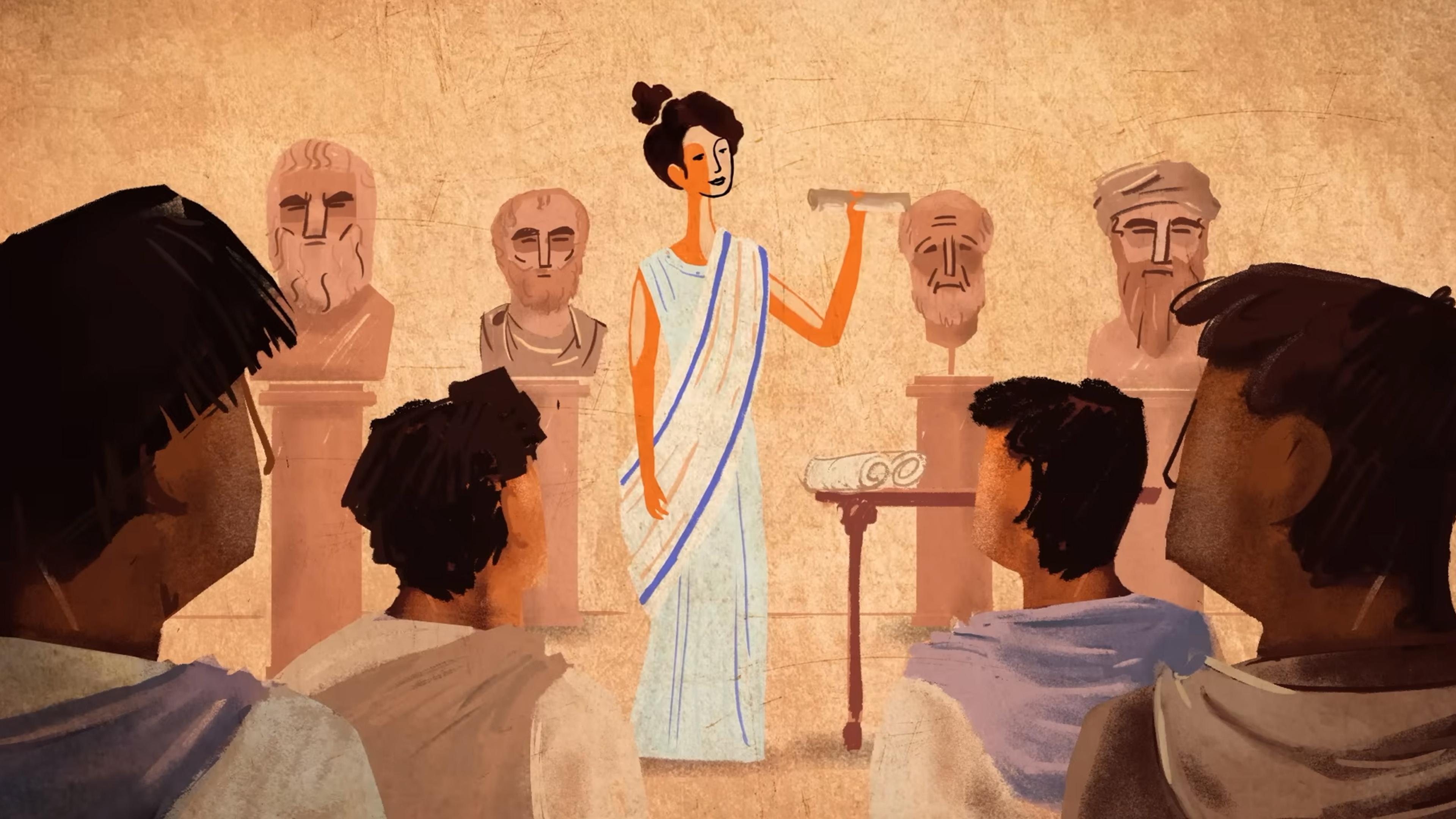Do we have good reasons to believe in beliefs? A radical philosophy of mind says no
‘Folk psychology’ refers to the notion that humans can explain and predict the mental states of themselves and others. For most people, the idea that we can ‘mind-read’ in this way is so engrained in our experience of the world that we take it for granted. For example, if someone reaches for then begins to eat a doughnut, we might assume that they possess the mental states of hunger and desire for food. And if we were reaching for a doughnut to eat, we would likely attribute those same mental states to ourselves. As obvious as these conclusions may seem, and as necessary as folk psychology may be for moving through everyday life, some neuroscientists, psychologists and philosophers argue that it’s an inadequate and antiquated framework for understanding human behaviour. This animation from Wireless Philosophy offers a short primer on a radical theory known as ‘eliminative materialism’, which posits that, just as modern biochemistry has no need for spirits, a modern scientific framework for understanding human behaviour should move beyond such immaterial concepts as ‘desire’ and ‘belief’.
Video by Wireless Philosophy

video
Economics
A tour of New York’s gaudiest neighbourhood with the Marxist geographer David Harvey
13 minutes

video
Philosophy of mind
‘Am I not at least something?’ A surreal dive into Descartes’s Meditations
3 minutes

video
Ethics
Plato saw little value in privacy. How do his ideas hold up in the information age?
5 minutes

video
Virtues and vices
Why Jean-Jacques Rousseau and Adam Smith were divided on the virtues of vanity
5 minutes

video
Bioethics
What a 1970 experiment reveals about the possibility and perils of ‘head transplants’
6 minutes

video
Neuroscience
This intricate map of a fruit fly brain could signal a revolution in neuroscience
2 minutes

video
Neuroscience
Dog vision is a trendy topic, but what can we really know about how they see?
11 minutes

video
Political philosophy
Beyond the veil – what rules would govern John Rawls’s ‘realistic Utopia’?
6 minutes

video
Thinkers and theories
A rare female scholar of the Roman Empire, Hypatia lived and died as a secular voice
5 minutes